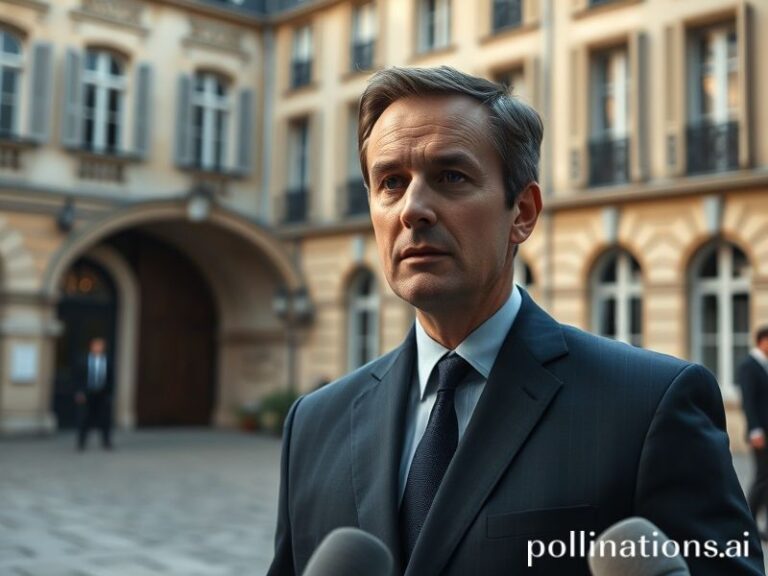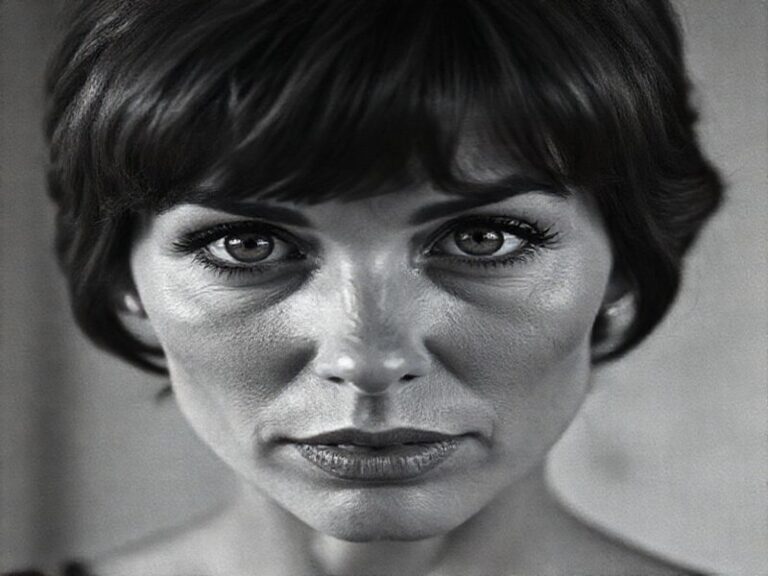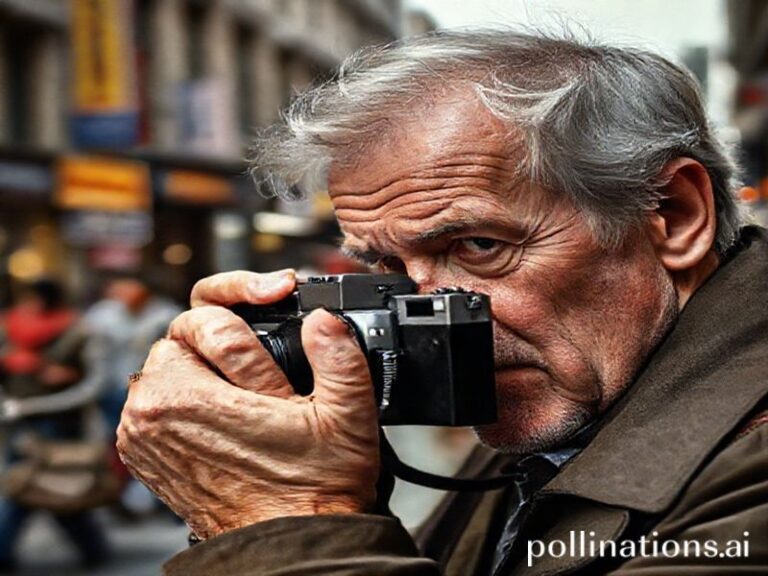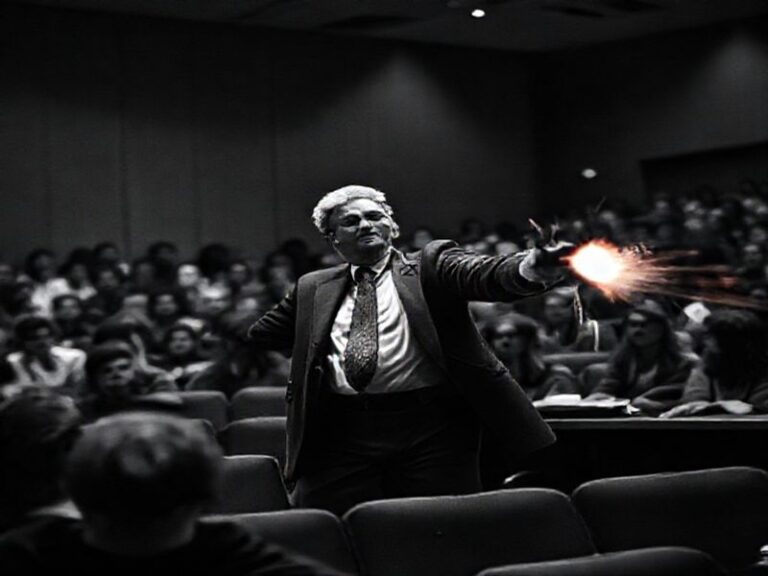Global Bullseye: How Darts Became the World’s Last Honest Battlefield
The Oche World Order
How a pub game from Leicestershire became the planet’s last honest theatre of war
By the time the final dart thunked into double-top in the Sheikh Zayed Stadium, Abu Dhabi, the 64 men still conscious in the Irish bar next door cheered like hostages who’d just heard ransom negotiations succeeded. It was 3 a.m. local, 11 p.m. in Lagos, 5 p.m. in São Paulo and precisely the moment when every time zone on Earth agreed that nothing else mattered except whether a 48-year-old diabetic plasterer from Minehead could hit a piece of bristle board smaller than a falafel. Welcome to darts, 2024: the last global spectator sport whose athletes smoke between legs, whose prize money is paid in actual cash (declared, of course) and whose geopolitical fallout is, mercifully, limited to the occasional Dutch terrace hymn about German midfielders.
The numbers insist we take it seriously. The Professional Darts Corporation’s calendar now spans five continents, 128 fully-professional players and a total prize pool north of £14 million—up from £500,000 in 1993, a rate of inflation even Argentine economists find embarrassing. The World Championship, staged inside Alexandra Palace—“a glorified aircraft hangar with nostalgia issues,” as one Viennese correspondent muttered—sold 90,000 tickets in November despite Britain experimenting with a three-day work week and lettuce costing more than uranium. Broadcast rights feed 70-odd territories, including Latvia, where commentators memorably described a 180 as “a small revolution against the tyranny of low expectations.”
Yet the sport’s expansion is not merely commercial; it’s diplomatic. When Fallon Sherrock became the first woman to beat a man at the Worlds, the United Nations tweeted its congratulations—then quietly deleted it after realising the same account had ignored the Eritrean peace accords. Japan now fields a full squad, having discovered that darts satisfies the national obsession with precision without the inconvenience of radioactive tuna. Even China, which usually prefers sports it can win by decree, has built 2,000 board-registration centres in the past five years, though insiders say the Party’s real interest lies in monitoring citizens who enjoy throwing sharp objects while drinking.
The cultural translation isn’t seamless. German fans arrive with flamethrowers—sorry, “regulated pyro sticks”—and chants that sound like Wagner being waterboarded. American audiences, raised on nine-hour baseball monotony, still can’t grasp why a match can finish in the time it takes to find parking at Dodger Stadium. And Qatari promoters learned the hard way that “One hundred and eighty!” bellowed across a dry hotel ballroom resembles a call to prayer, prompting a brief fatwa on double-in rules.
Still, darts offers something the Olympic movement lost somewhere between Berlin 1936 and whatever fresh hell Paris 2024 will be: unscriptable chaos. The world’s best player, Luke Humphries, began his career battling panic attacks so severe he once left the stage mid-match to vomit behind a curtain—yet now earns more annually than the average Moldovan cabinet. Meanwhile, 61-year-old Paul Lim remains qualified for the World Cup, proving that middle age is no barrier provided your liver holds diplomatic status.
Critics sneer that darts is simply escapism for societies too exhausted to riot. They’re not wrong; that’s the attraction. When your national currency resembles a Weimar punchline and your government can’t form a coalition to order lunch, watching two blokes named “Snakebite” and “Voltage” chuck tungsten at Christmas-themed felt is the closest thing available to collective catharsis. The board is neutral territory: no oil reserves, no border disputes, no historical grievances unless you count 1970s British plumbing.
So tonight, somewhere between the Mekong Delta and the rusting docks of Grimsby, a teenager will unscrew her first set of 22-gram darts and aim at a board older than her parents’ marriage. She will miss, retrieve, and miss again, but the arc of those flights—cheap feathers wobbling through fluorescent dusk—traces a more hopeful parabola than most headlines permit. The world is busy sharpening other missiles. For once, the ones made of 90% tungsten and 10% denial seem almost innocent. Almost.







